Keywords: Emily Dickinson
-
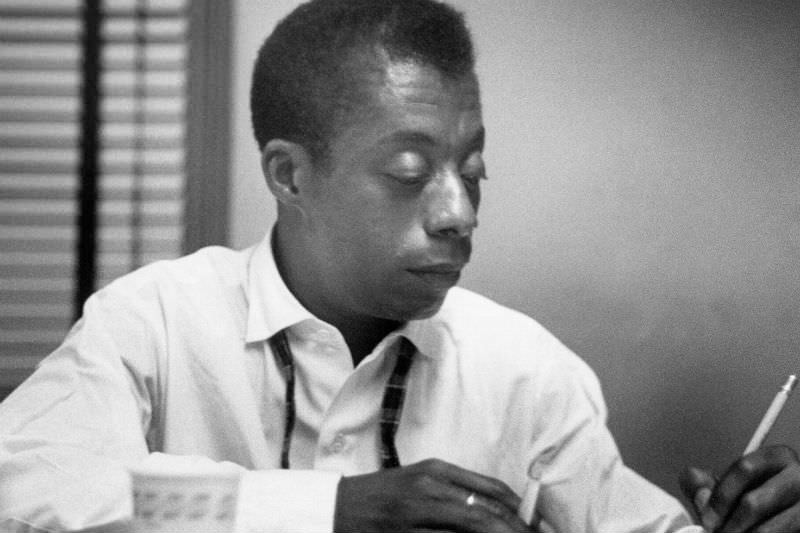
ARTS AND CULTURE
- Mark Tredinnick
- 31 August 2023
3 Comments
Amid shifting perceptions and the fluidity of names, our understanding of self dances on the edge of subjectivity. Traversing the landscape of literature, we're invited to confront our own reflections, to ask what truly defines us in a world that is ever-evolving, and to look beyond the obvious and into the heart of our shared human experience.
READ MORE
-

ARTS AND CULTURE
- Paul Mitchell
- 03 February 2023
6 Comments
Through exploring the work of nine Catholic American authors — with special focus on Flannery O’Connor, Toni Morrison, Cormac McCarthy and Don DeLillo — Longing for an Absent God boldly attempts to discover what it is about faith and the desire for transcendence that exerts such influence over the popular imagination.
READ MORE 
-
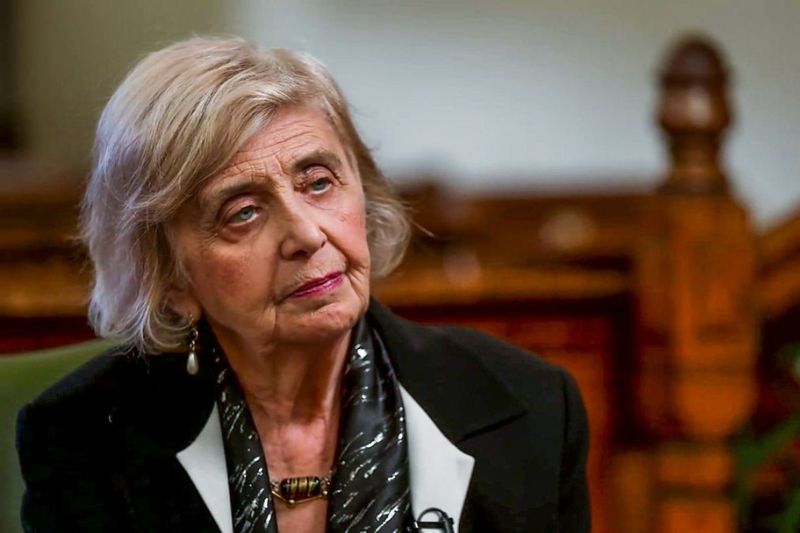
ARTS AND CULTURE
- Gillian Bouras
- 29 September 2022
5 Comments
Humans depend greatly on hope. In a recent interview, Tova Friedman discusses her book The Daughter of Auschwitz, the memoir of the part of her childhood spent in the eponymous and notorious concentration camp. Can someone who has seen first hand the depths of human depravity be at all hopeful about the future?
READ MORE 
-
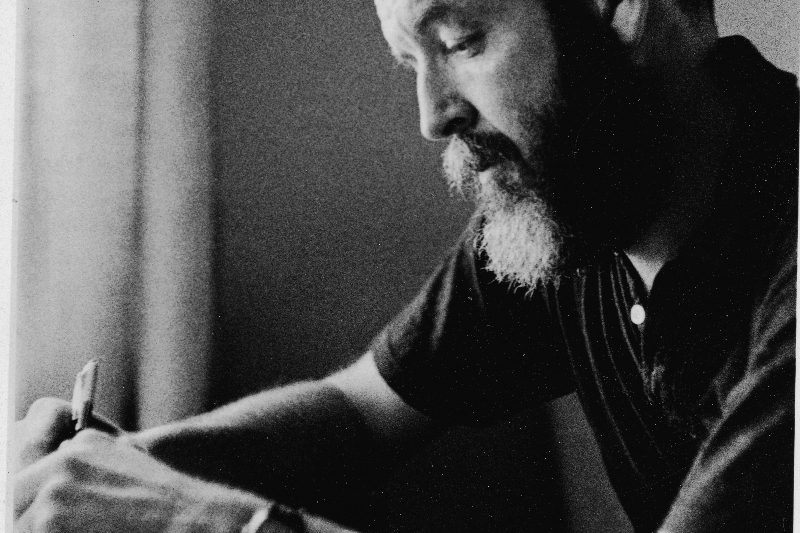
ARTS AND CULTURE
- Philip Harvey
- 04 November 2021
10 Comments
Although I teach poetry and do occasional workshops, the following is written in response to one such workshopper, new to writing poetry, who in lockdown would message me on social media with fairly open-ended questions about poetry. My answers are written after the wry manner of the Polish poet Wislawa Szymborska; wry, but generally helpful. They are not the launch pad for a new poetics. I have stopped for now at 12 questions, but the questions keep rolling in.
READ MORE 
-
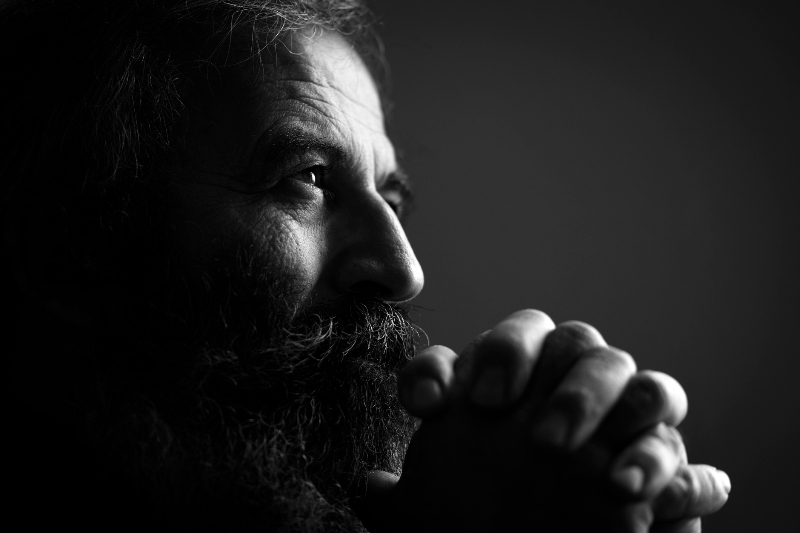
AUSTRALIA
- Barry Gittins
- 09 September 2021
1 Comment
What does it take to lose hope? For the 4,000 people who attended the anti-lockdown protests in Melbourne last month, an odd coalition of the frustrated, the scared, the angry and the hurt, it takes 18 months of pain and the ensuing changes in employment status, isolation from family and friends, and losses in lifestyle and individual liberties.
READ MORE 
-
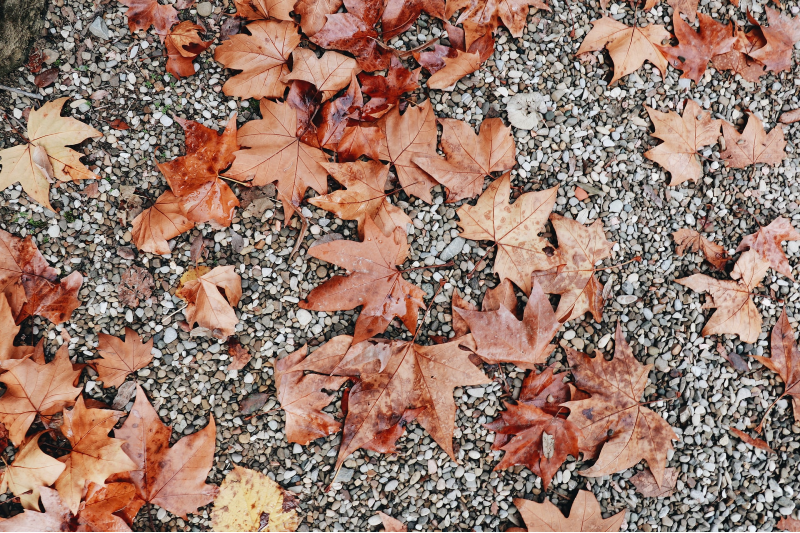
ARTS AND CULTURE
- Josephine Clarke
- 05 May 2020
2 Comments
Closing the leap on February’s door, its Easterly thrashing at night. Our skins stretched feet obese — the heat of it leaves crisp-dried. Scratching down the street, we’re wishful thinking the old seasons.
READ MORE 
-

ARTS AND CULTURE
- Mark Tredinnick
- 30 September 2019
11 Comments
I'm a white man in a white man's world, his mother tongue the lingua franca everywhere. I may not be rich, but I am more or less free, and my calling has let me travel the world. It's easy for me, not having had to fight for mine, to ask us to go deeper than identity when we write. But when James Baldwin says the same thing, it compels.
READ MORE 
-

ARTS AND CULTURE
- Carol O'Connor
- 31 January 2019
10 Comments
Mary Oliver, who died recently, came to realise it's not just kneeling and kissing the ground that needs to be encouraged, but that the natural world itself, which fed and sustained her creatively and emotionally for a lifetime, is now endangered. We are in danger of wrecking creation.
READ MORE 
-

ARTS AND CULTURE
- Paul Mitchell
- 24 July 2012
Blessed are those with empty chests, soles ripped from their shoes, fed to dogs. But most blessed are those who stole the hound scraps, nailed them to their feet and kept on marching.
READ MORE 
-

RELIGION
- Philip Harvey
- 13 June 2012
24 Comments
One character sings a risqué satire called 'The Ballad of Joking Jesus'. Another wanders into a church and misinterprets the liturgy to comic effect. The puritanical Catholic hierarchy were offended, but Joyce's seemingly anti-religious novels would not exist in their final form were it not for his Jesuit education.
READ MORE 
-

ARTS AND CULTURE
- Chris Wallace-Crabbe
- 18 June 2006
Chris Wallace-Crabbe on After Shakespeare: An Anthology and The Oxford Book of Aphorisms, both edited by John Gross.
READ MORE 
-

ARTS AND CULTURE
A new Australian film examines the powerful role of poetry in times of oppression.
READ MORE 